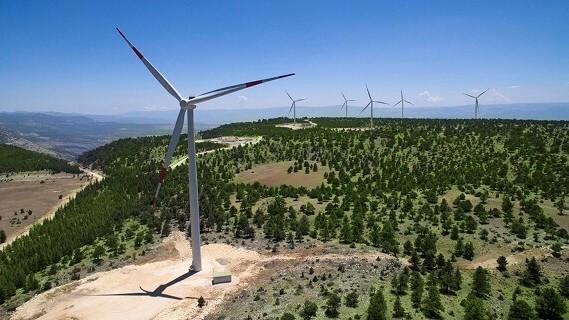
Türkiye’s installed renewable energy capacity climbed past 74,000 megawatts by the end of August, while electricity generation capacity from domestic resources exceeded 85,000 megawatts, according to figures released by the Energy and Natural Resources Ministry.
The country’s overall installed electricity capacity stood at 120,784 megawatts. Hydropower plants continued to dominate the energy mix, providing 32,289 megawatts of capacity and accounting for 26.7 percent of the total. Natural gas facilities ranked second with 24,743 megawatts, representing a 20.5 percent share.
Among renewables, solar power followed hydropower as the second-largest source, reaching 23,877 megawatts and a 19.8 percent share. Wind energy capacity rose to 13,867 megawatts, making up 11.5 percent of the total.
Other sources included 11,477 megawatts from domestic coal, 10,456 megawatts from imported coal, 2,341 megawatts from biomass and 1,734 megawatts from geothermal plants.
Türkiye could meet its additional electricity capacity needs in the coming years through 8 gigawatts of hybrid solar power projects integrated into existing hydropower (HPP) and wind power plants (WPP), according to projections.
An analysis by energy think tank Ember indicates that such hybrid solar investments could boost the country’s installed solar capacity by 35 percent without requiring extra investment in the grid, pushing total capacity above 30 gigawatts.
The National Energy Plan forecasts that Türkiye’s electricity demand will reach 455 terawatt-hours in 2030 and 510 terawatt-hours in 2035. This growth is expected to require an additional 17 gigawatts of capacity by 2030 and 27 gigawatts by 2035. Even under a lower growth scenario, the country would still need 16 gigawatts of new capacity by 2035.